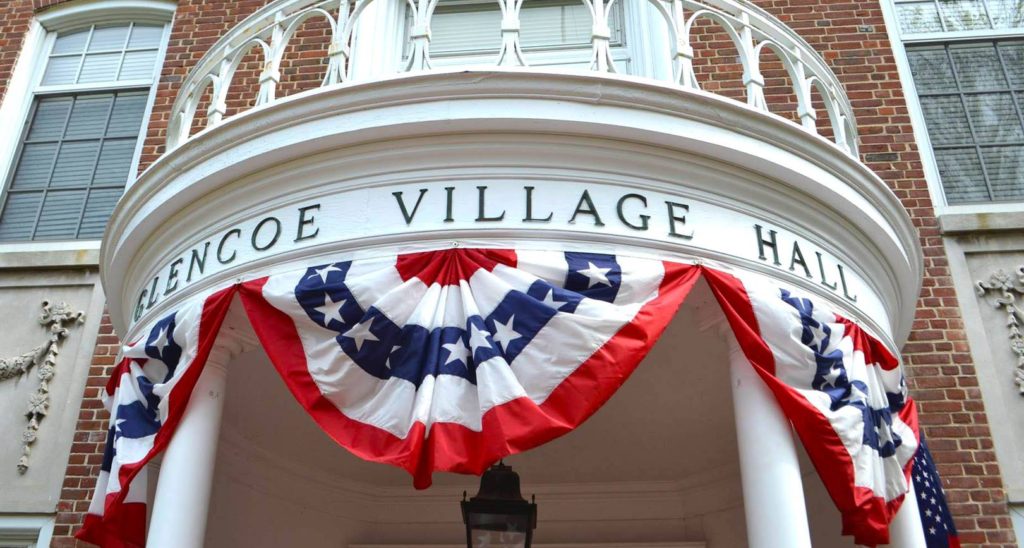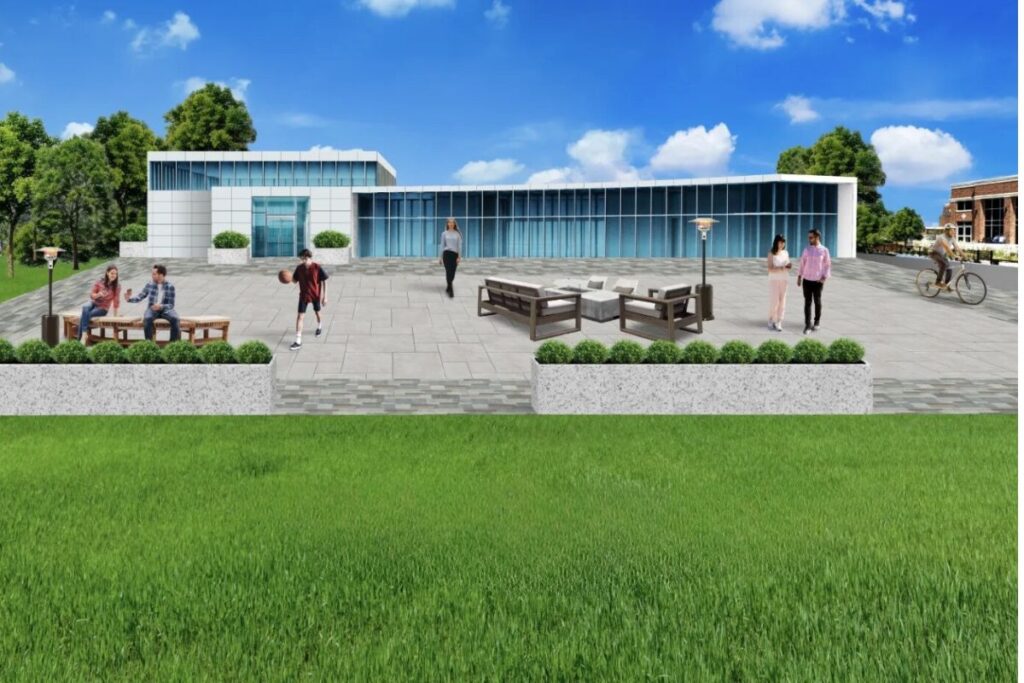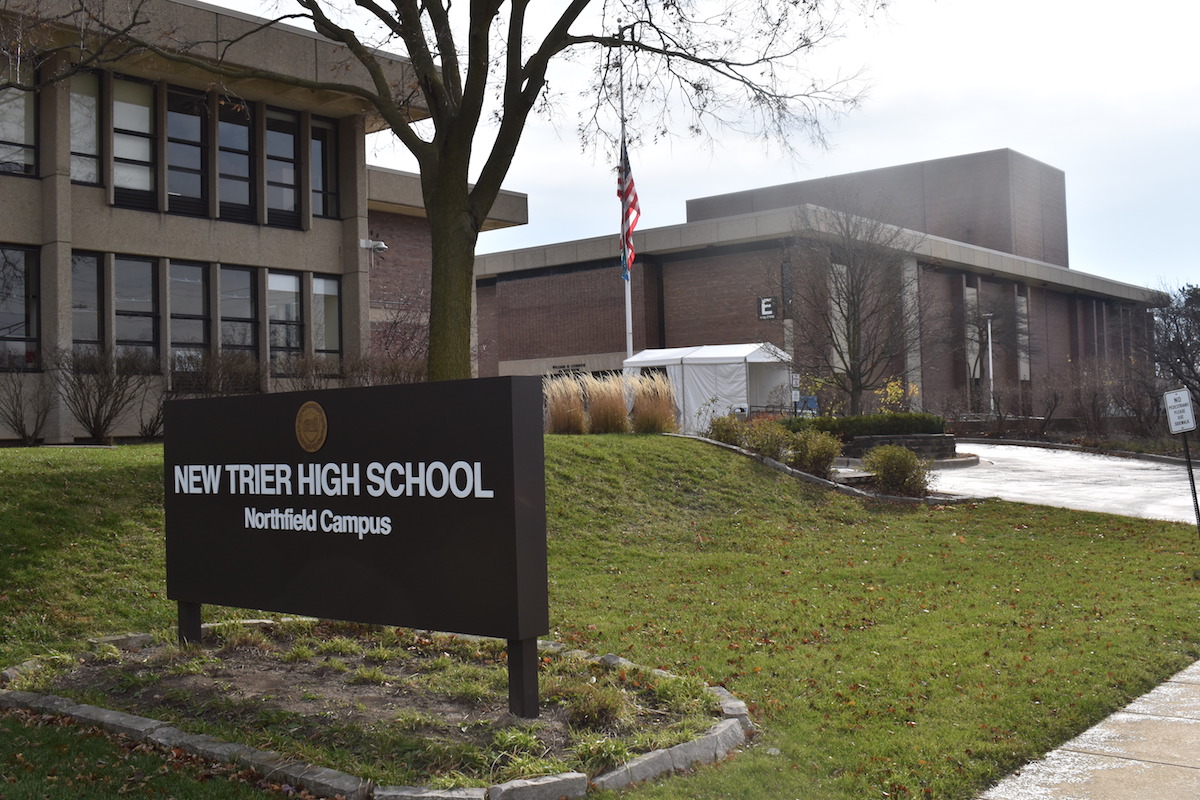
New Trier superintendent recommends maintaining current learning model, but board wants another week to think on it
Board will vote on operational plan at Tuesday, Dec. 1, special meeting
A decision on the next step of New Trier High School’s operational plan for this school year will not be made until Tuesday, Dec. 1, when a second special meeting of the district’s board of education is scheduled to take place.
The board of education postponed a vote on a recommended plan from Superintendent Dr. Paul Sally that would continue the district’s 25 percent in-person learning model with enhancements designed to provide additional opportunities for identified struggling students.
Sally’s recommendation, presented to the board of education Tuesday, Nov. 24, during a special meeting, established a start date of Jan. 26 for the implementation of a two-track, in-person learning model that would allow up to 50 percent of students on campus.
He cited inopportune timing because of the upcoming holidays, several of New Trier’s peer and sender schools pausing in-person instruction and other factors as the motivations behind his recommendation.
“We know that we have students that are struggling with remote learning in large numbers and we want to be very mindful in how we think about opening and closing school,” Sally said at the meeting. “So our efforts have been to continue to forge ahead on paths to open school as safely and operate as safely as we can in person with our mitigation efforts with as many students as we feel we can serve safely in the building.”
At the conclusion of his presentation, Sally asked the board to consider five questions: 1) Should the district’s saliva screening program be mandated for students and staff? 2) Does the board support new presented metrics? 3) Should the current one-track-per-day model be maintained and enhanced to add additional students with identified needs within the 25 percent limit?4) When should the district welcome two tracks a day (50 percent in-person learning? and 5) Should the full-day hybrid model be maintained or modified?
Although board members did not directly discuss each of Sally’s questions, they devoted a significant amount of deliberation to the potential of mandating participation in the screening program and enhancing the number of students with identified needs on campus.
All seven board members stated they would be in favor of the district requiring all on-campus students and staff members participate in its saliva-based COVID-19 screening program.
The screening program, which was approved in mid-October, currently has a student participation rate of 88.1 percent and a staff participation rate of 71.7 percent. In the week of Nov. 16-21, the program caught nine presumptive positive cases. The overall positivity of participants in the program is 0.41 percent, per district data.
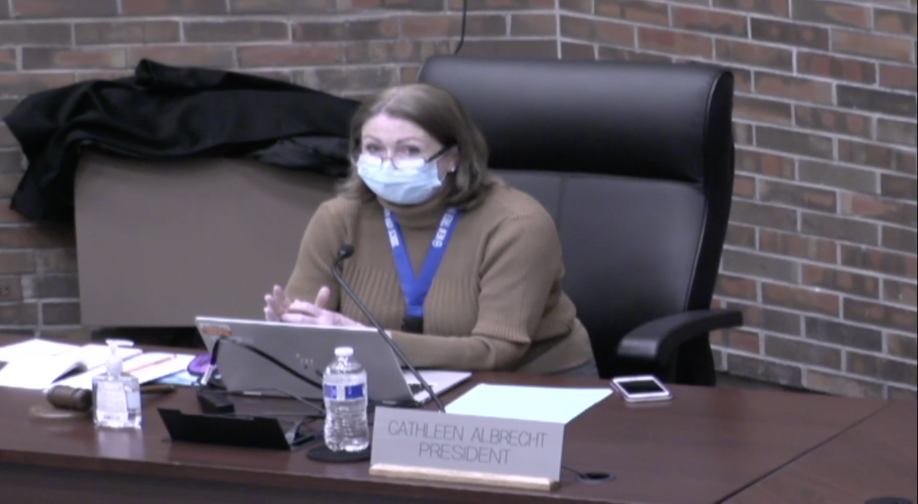
Board President Cathleen Albrecht asked the administration to present the board with a report in the coming weeks that will further review mandatory participation in the screening program.
Several members of the board expressed differing opinions on Sally’s recommended plan. Board members Greg Robitaille and Carol Ducommun both signaled disappointment in the potential delay in moving to the 50-percent model and called Sally’s recommendation for enhancing the current model to prioritize students with the highest needs, a “consolation prize.”
“I am not in favor of just abandoning the two-track (50 percent) model that we thought we would be on next week,” Ducommun said. “We heard from health professionals last night who really strongly supported that. I’m really disappointed personally.”
Robitaille shared similar sentiments.
“We heard a lot today (asking us) to look at evidence, follow science, listen to students and to listen to families,” he said. “I am — I’m doing all of that, and everything is telling me that this can happen safely and is happening safely at peer schools and around the world. Medical experts are telling us that students should be back in school as much as possible. … I just don’t understand what we’re afraid of because we and others are demonstrating that we can be in school safely.”
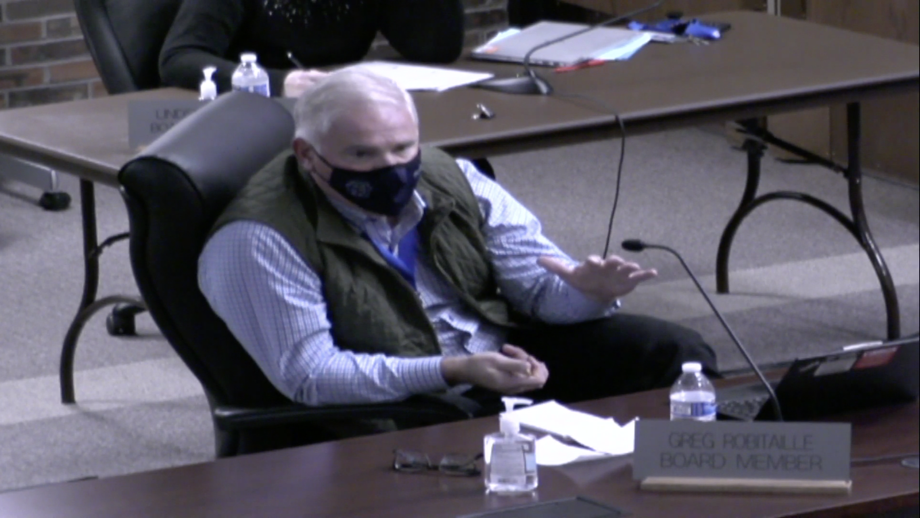
Robitaille added that he is in favor of giving families the option to be in school, adding that it has to be subject to a cap.
Other members of the board agreed with the premise of wanting more students in the building but suggested approaches that allow the district to build up to a higher capacity and a sustainable model rather than jump immediately to 50 percent.
Sally’s proposed plan included progressively adding students to what the district is calling “Track E.” This group contains students that district administrations and staff members have identified as students who most benefit from more frequent in-person learning opportunities.
“We think we can provide additional opportunities in the current model; regular in-person learning opportunities for additional students who need that support within that 25 percent limit,” Sally said.
Before ending the discussion on the matter, Albrecht supported the need for a sustainable model and expressed her strong desire to avoid another adaptive pause.
“We opened up in October for one week at 25 percent and we couldn’t sustain it,” she said. “It took us to get to the saliva testing to feel confident that we could open up again. We just finished two weeks of that, so we have two weeks of data. I have complete trust in this saliva screening program. But we’re building up. And as much as we would all like things to be back to normal as quickly as possible, and even if it’s a 50 percent normal, I think we have to build up and digest the new issues that come up.
” … Everyone talks about the other peer schools that are open. Most of those have gone on pause. And I really think it’s important to avoid the pause.”
Twenty-two members of the public addressed the board during the public-comment portion of the meeting. More than 10 speakers urged the board to not increase the district’s in-person learning capacity.
Several current New Trier students, who identified themselves as part of a student-led advocacy group called New Trier Students for Safety, asked the board to consider the safety of the entire community and not move forward for more in-person learning right now.
Conversely, multiple district parents geared their comments toward the need for additional in-person learning.
The Record is a nonprofit, reader-funded news site. Our coverage of COVID-19 — and all of our public-service journalism — is free for all to read.
Support our efforts by becoming a subscriber to have full access to unmatched local reporting on New Trier Township.
Just want to help? Donate to The Record to support reliable, responsible local news.
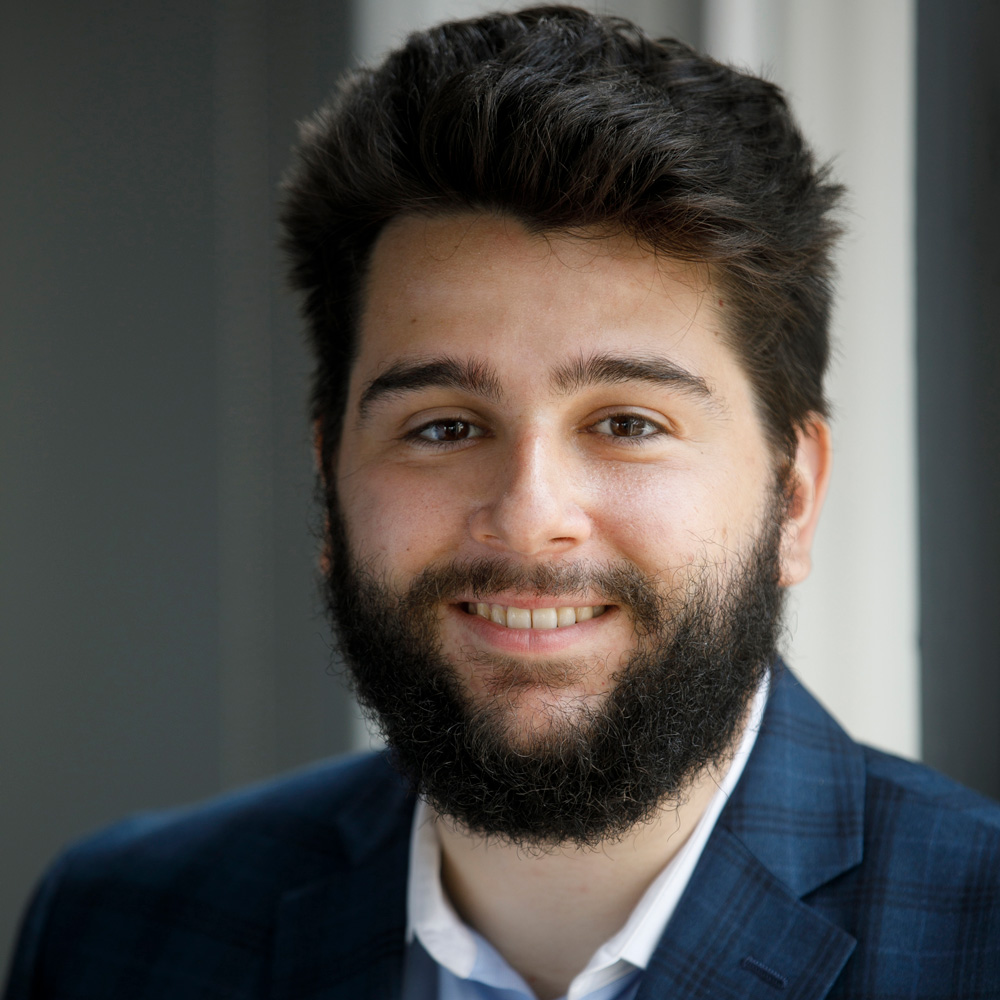
Martin Carlino
Martin Carlino is a co-founder and the senior editor who assigns and edits The Record stories, while also bylining articles every week. Martin is an experienced and award-winning education reporter who was the editor of The Northbrook Tower.

